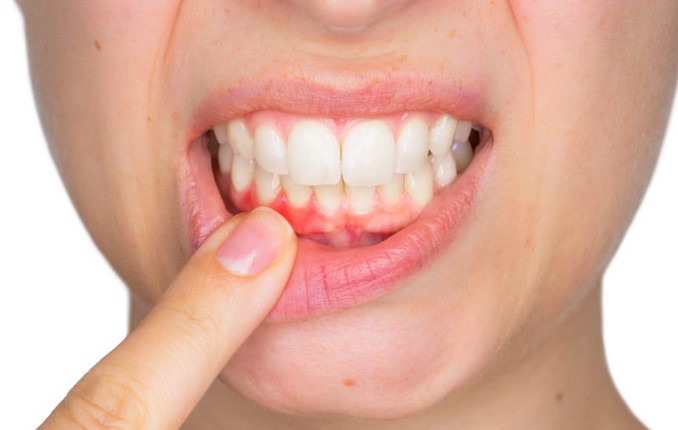
Introduction
Maintaining healthy gums is a crucial aspect of overall oral health. Unfortunately, many people underestimate the importance of gum health and engage in habits that can contribute to gum decay and disease. The health of your gums not only impacts your oral hygiene but can also affect your overall well-being. In this article, we will explore some common habits that can lead to decaying gums and provide insights into how to avoid them.
1. Inadequate Oral Hygiene
One of the most fundamental habits that can contribute to decaying gums is inadequate oral hygiene. Failing to brush and floss regularly allows plaque to accumulate along the gumline. Plaque is a sticky film composed of bacteria that can irritate the gums, leading to inflammation and eventually gum decay. Brushing twice a day and flossing at least once a day helps remove plaque and prevent its accumulation.
2. Aggressive Brushing
While regular brushing is essential, brushing too aggressively can also be harmful. Using excessive force and a hard-bristle toothbrush can cause the gums to recede, exposing the sensitive tooth roots and increasing the risk of gum decay. It’s recommended to use a soft-bristle toothbrush and gentle, circular motions to clean your teeth and gums effectively without causing damage.
3. Smoking and Tobacco Use
Smoking and using tobacco products not only stain teeth but also significantly contribute to gum decay. Tobacco use reduces blood flow to the gums, impairs the immune response, and inhibits the natural healing process. This makes it harder for the gums to fight off infections and heal from damage, leading to gum disease and decay over time.
4. Poor Diet and Nutrition
A diet high in sugary snacks and acidic beverages can negatively impact gum health. Sugars and acids feed harmful bacteria in the mouth, leading to an increased risk of gum disease. Additionally, a deficiency in essential nutrients like vitamin C can weaken the gums’ ability to resist infection and heal properly. Including a balanced diet rich in fruits, vegetables, lean proteins, and whole grains can help support gum health.
5. Grinding and Clenching Teeth
Bruxism, or teeth grinding and clenching, can exert excessive pressure on both teeth and gums. Over time, this pressure can lead to gum recession and even cause fractures in the teeth. Using a mouthguard at night can help protect the teeth and gums from the damaging effects of bruxism.
6. Ignoring Warning Signs
Ignoring early warning signs of gum disease, such as bleeding gums, redness, and persistent bad breath, can exacerbate the problem. Gum disease often starts as gingivitis, which is reversible with proper care. However, if left untreated, it can progress to periodontitis, a more severe form of gum disease that can result in irreversible damage to the gums and bone supporting the teeth.
7. Skipping Regular Dental Check-ups
Regular dental check-ups are essential for maintaining optimal gum health. Dentists can detect early signs of gum disease and provide professional cleanings that remove hardened plaque (tartar) from the teeth and gums. Skipping these check-ups increases the risk of gum decay going unnoticed until it becomes a more significant issue.
8. Using Teeth as Tools
Using your teeth as tools to open packages, crack nuts, or perform other non-chewing tasks can lead to gum damage and even tooth fractures. Such habits place undue stress on the gums and teeth, increasing the risk of decay and injury.
9. Poorly Fitting Dental Appliances
Dentures, braces, and other dental appliances that don’t fit properly can cause friction and irritation to the gums. This can lead to inflammation and ultimately contribute to gum decay. Regular visits to your dentist or orthodontist can ensure that your dental appliances fit correctly and aren’t harming your gum health.
10. Hormonal Changes
Hormonal changes, such as those occurring during pregnancy or menopause, can make the gums more sensitive and prone to inflammation. This heightened sensitivity can lead to an increased risk of gum decay if proper oral hygiene measures aren’t followed during these times.
Conclusion
Maintaining healthy gums requires consistent care and attention to one’s oral hygiene habits. By avoiding common habits that contribute to gum decay, such as inadequate oral hygiene, aggressive brushing, smoking, poor diet, teeth grinding, and ignoring warning signs, you can significantly reduce your risk of developing gum disease. Remember, healthy gums are a cornerstone of overall oral health, and by adopting good oral hygiene practices and making mindful lifestyle choices, you can preserve your smile for years to come. If you have concerns about your gum health, consult with a dental professional for personalized guidance and care.